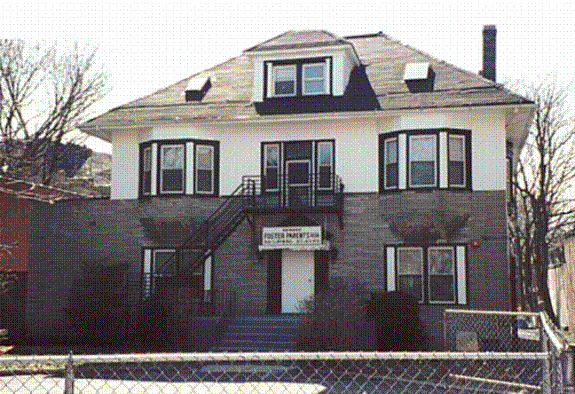|
|

|
New Jersey Association on Correction |
|
Home | Contact Us | Board | Meeting Schedule | Links
PROJECT
F.I.R.S.T., Families in Recovery Staying
Together, is a halfway house treatment program for women with substance abuse
problems and their children. Opened
in June 1996, Project F.I.R.S.T. provides transitional housing, addiction
treatment, and other social services for adult women with children who seek to
recover from addictions to alcohol and other drugs.
During their stay residents are helped to become firmly established in
sobriety and defining for themselves who they are, when and how they will live,
and what they will do to create and maintain self-affirming lives.
Project
F.I.R.S.T. houses 6-10 adult women and their children.
Minimum program stays are six months with aftercare continuing for
another year.
The
target population at Project F.I.R.S.T. is women living with HIV/AIDS with a
history of substance abuse problems who are unable to enter transitional
treatment, and/or women who have primary caretaking responsibilities for
children. In addition, Project
F.I.R.S.T. serves those women who have been in treatment but have lacked the
support necessary to maintain a family and remain drug free in the community.
All program participants must currently be in treatment or have completed
a 28-day detoxification program prior to becoming residents.
The
goals of Project F.I.R.S.T. are to effectively combine treatment with education
and to teach independent living skills to the women and their children.
As the majority of addicts are poly-substance abusers, the program
addresses both alcohol and drug related addictions.
Residents participate in group and individual counseling, milieu therapy,
alcohol and substance abuse education, and AA and/or NA as part of their
treatment program.
Also included in the process is health education, nutrition, parenting,
and codependency issues as they affect the women and their children. At the time of admission residents are assessed by the staff to determine work readiness and educational needs. The staff then works with each resident to develop an overall individual plan that encompasses comprehensive treatment, employment placement, daycare and housing needs. When appropriate, family therapy is added to assist the residents in reaching out to family members who have been alienated due to the residentsí addictions.
Home | Top of Page | Back to Programs
|
